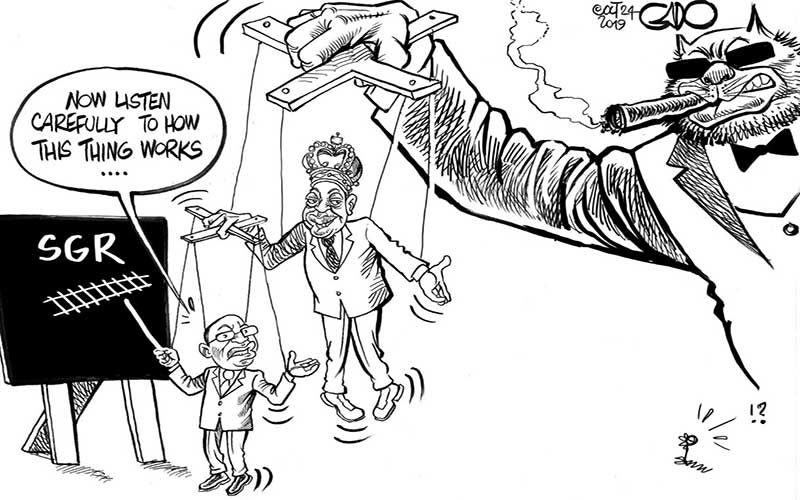×
The Standard e-Paper
Join Thousands Daily

It was raining heavily that morning and would throughout the day. In the company of a colleague, I had arrived in Mombasa from Nairobi to participate in the “Black Monday” protest, a weekly march by small-scale traders and civic groups, against a government directive decreeing a monopoly to the Standard Gauge Railway (SGR) of the transportation of cargo, which has had a devastating effect on business in the coastal city.